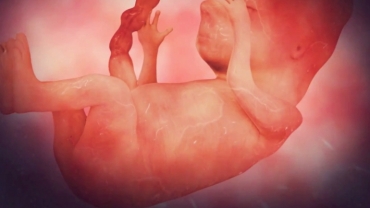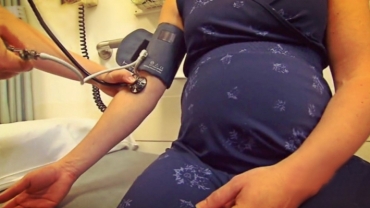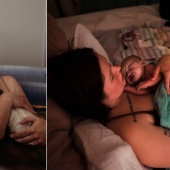We will now discuss screening care that are offered to your newborn baby. It is important to remember that in order to provide informed consent for screening test to be carried on you as a new parent or need to understand the purpose of the test.
Screening tests are used to find people who may be at a higher risk of a health problem. It is your choice whether your baby does or does not have some or all of these tests similar for antenatal screening tests you may have had in your pregnancy. We offer your new baby screening test in the first few weeks of their life.
These can identify if a baby is at an increased risk of having a health condition and if detected and effective management further diagnostic tests after a positive screening results will give a more certain answer. The NHS recommends that every daily born in the UK is offered a screening test. This is based on research evidence. There are no known risks associated with these recommended screening tests.
Among the first of these screening tests is the newborn and infant physical examination. You may also hear this referred to as a neonatal physical examination or a pediatric check. This is performed by a qualified Midwife or pediatrician for your baby at 72 hours old. It is a top to toe examination focusing on looking for problems with the eyes, hearth,hips and baby boy's testicles.
The test may be performed in hospital before discharge at home by a midwife or as an appointment ah hospital. This screening test is repeated by your GP at a six to eight week check because some conditions do not appear until then.
The hearing test is offered in order to identify babies who have hearing loss from birth so that support can start early. Often the screening test is carried out in the hospital prior to discharge home or as a scheduled appointment in the community.
The results are available immediately after tests. Ut is often done within the first few weeks of life that can be done up to three months of age. The equipment used is very sensitive and in some cases it may need to repeat it at a later date in order to obtain a conclusive result.
All babies are offered a blood tested in the form of a hill prick in order to identify some rare but serious health conditions. These includes sickle cell, anemia, and cystic fibrosis. Early identification and management of these inherited conditions can improve baby's health outcomes.
This screening test is usually performed on day five using a special device to collect some drops of blood onto a card. More screening tests are only performed with your informed consent and you should be fully aware of the implications of both having and not having the screening test.
The results of these postnatal screening tests will be documented in your baby's personal child health record or red books. If you have any questions about the postnatal screening test or that your baby please do not hesitate to ask your midwife or health editor.
- 472 views













